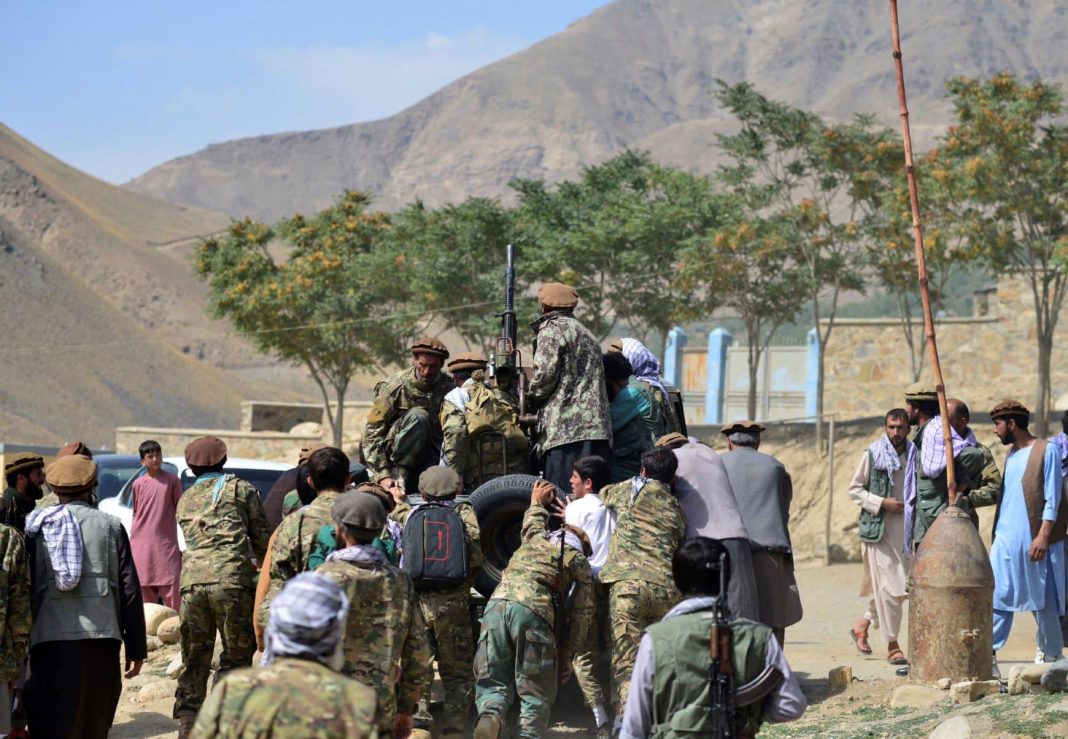Three Taliban sources say the Islamist militia has seized the Panjshir valley north of Kabul, the last part of Afghanistan holding out against it.
“By the grace of Allah Almighty, we are in control of the entire Afghanistan. The troublemakers have been defeated and Panjshir is now under our command,” said one Taliban commander on Friday.
It was not immediately possible to confirm the reports.
Former vice president Amrullah Saleh, one of the leaders of the opposition forces, told the television station Tolo News that reports that he had fled the country were lies.
And in a video clip posted on Twitter by a BBC World journalist who said it had been sent by Saleh, he said: “There is no doubt we are in a difficult situation. We are under invasion by the Taliban … We have held the ground, we have resisted.”
He also tweeted: “The RESISTANCE is continuing and will continue. I am here with my soil, for my soil & defending its dignity.”
His son, Ebadullah Saleh, denied that Panjshir had fallen, texting the message “No, it’s false”.
There had been reports of heavy fighting and casualties in Panjshir, a rugged valley where several thousand fighters from regional militias and remnants of the old government’s armed forces had massed under the leadership of Ahmad Massoud, the son of late Mujahideen commander Ahmad Shah Massoud.
The Taliban seized Kabul on August 15 after rapid advances across Afghanistan.
Earlier, Taliban sources said the group’s co-founder Mullah Abdul Ghani Baradar would lead a new Afghan government set to be announced soon.
The new government’s most immediate priority may be to avert the collapse of an economy grappling with drought and the ravages of a 20-year conflict that killed around 240,000 Afghans before US forces completed a tumultuous pullout on August 30.
Afghanistan is facing not only humanitarian disaster but also threats to its security and stability from rival jihadist groups, including a local offshoot of Islamic State.
While the Taliban has spoken of wanting to form a consensus government, a source close to the Islamist militant movement said the interim government being formed would consist solely of Taliban members.
It will comprise 25 ministries, with a consultative council, or shura, of 12 Muslim scholars, the source added.
When previously in power from 1996 to 2001, the Taliban imposed violent punishments and barred women and girls from school and work.
This time around, the movement has tried to present a more conciliatory face to the world, promising to protect human rights and refrain from vendettas, although it has yet to explain what social rules it will enforce.
The United States, the European Union and others have cast doubt on its assurances. Many Afghans, especially women and those with connections to the former government or Western coalition forces, now fear for their security and even lives.
AAP
Read more:



